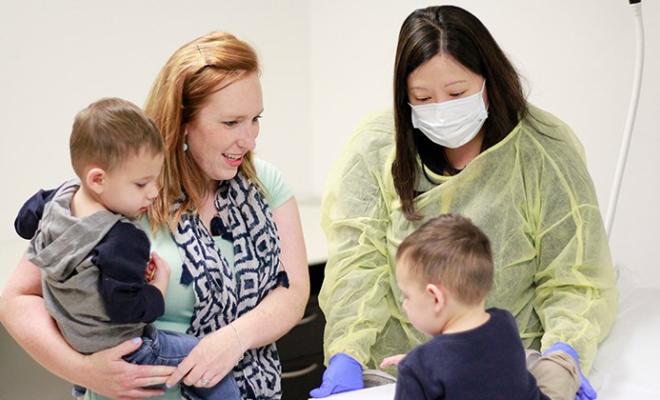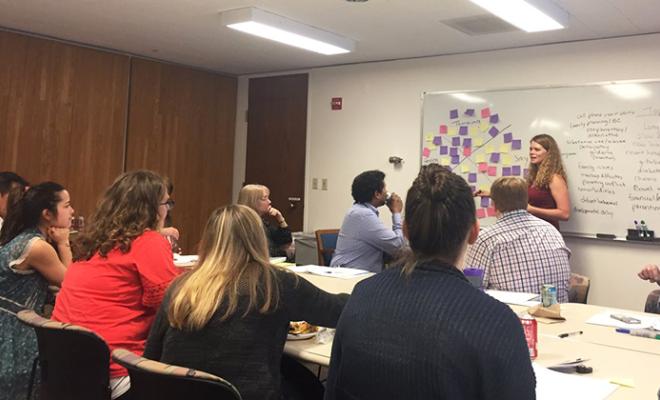Several years ago, I had a "lightbulb moment" after talking to a patient with cystic fibrosis about her barriers to regularly completing her airway clearance techniques (ACTs). After discussing it at length, the patient described her feelings of frustration due to being isolated in her room while using her vest and having to spend more time away from her spouse after already working and being apart all day. After strategizing with her about ways to address this, I realized there was a connection between intimacy and sexuality and the successful management of a daily CF treatment plan, and that this was something that needed to be addressed on an ongoing basis.
Sexuality and intimacy are not the same things.
Sexuality is often defined as the sexual acts and behaviors of a person. Intimacy is the intangible sense of closeness and warmth between people, or something that is personal or private. Both are important in a relationship, and when either sexuality or intimacy are impaired, it can have an impact on your self-care. For example, if you and your significant other are arguing frequently, the intimacy and/or sexuality that was shared between you can become strained. This can then lead to exhaustion, anxiety or depression due to the anger and tension at home. This circumstance can make it quite difficult to find the motivation to do all of the necessary treatments to take care of yourself. Similarly, not following prescribed treatment regimens can also lead to sexuality and/or intimacy issues due to anger, fear and distress on the part of the significant other.
One of the ways that people with CF report successfully improving sexuality and/or intimacy in relation to their daily treatments is "partnering with your partner." If you share some of the issues you are facing in managing your day-to-day CF treatment plan, this may allow you to work together to minimize the barriers to your care and enhance your relationship.
Many significant others feel frustrated by not being able to "fix" their loved one or "make the disease easier for them."
Partnering with your partner to help you address barriers can minimize their frustration and provide a different perspective on how to address these issues. The patient I described earlier strategized to have the time she spent doing her vest to be a special, designated time for her and her husband to spend together every day. She brought this to her husband, and they worked on this together. Over time, her ACTs and lung function improved. Working together can certainly improve intimacy as you are both working on a common goal … you!
If you are struggling with issues with sexuality and/or intimacy, you may be unsure how to begin to resolve these concerns. Reaching out to your social worker or another member of your CF care team is a great place to start. Your social worker or care team can offer a safe place to initiate this conversation and can help identify resources to address your concerns. Remember … we are all in this together to help you manage ALL areas of your health.





